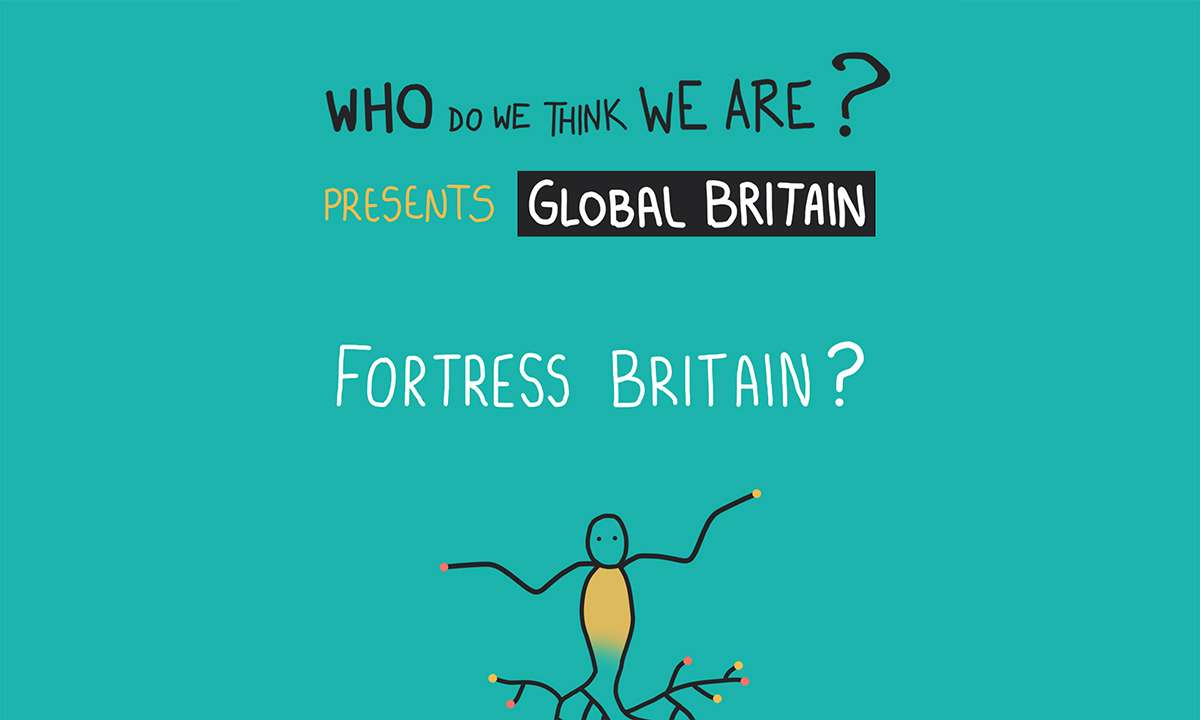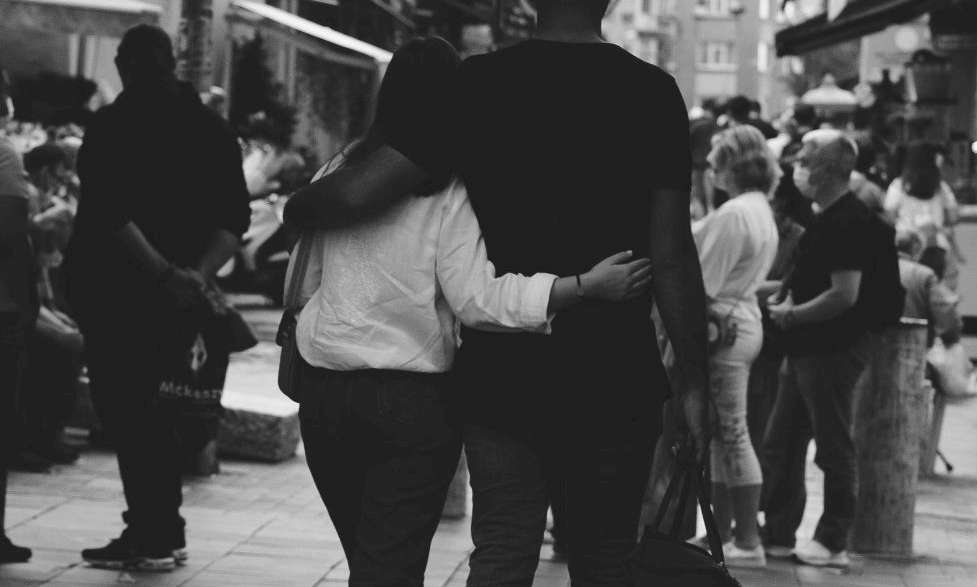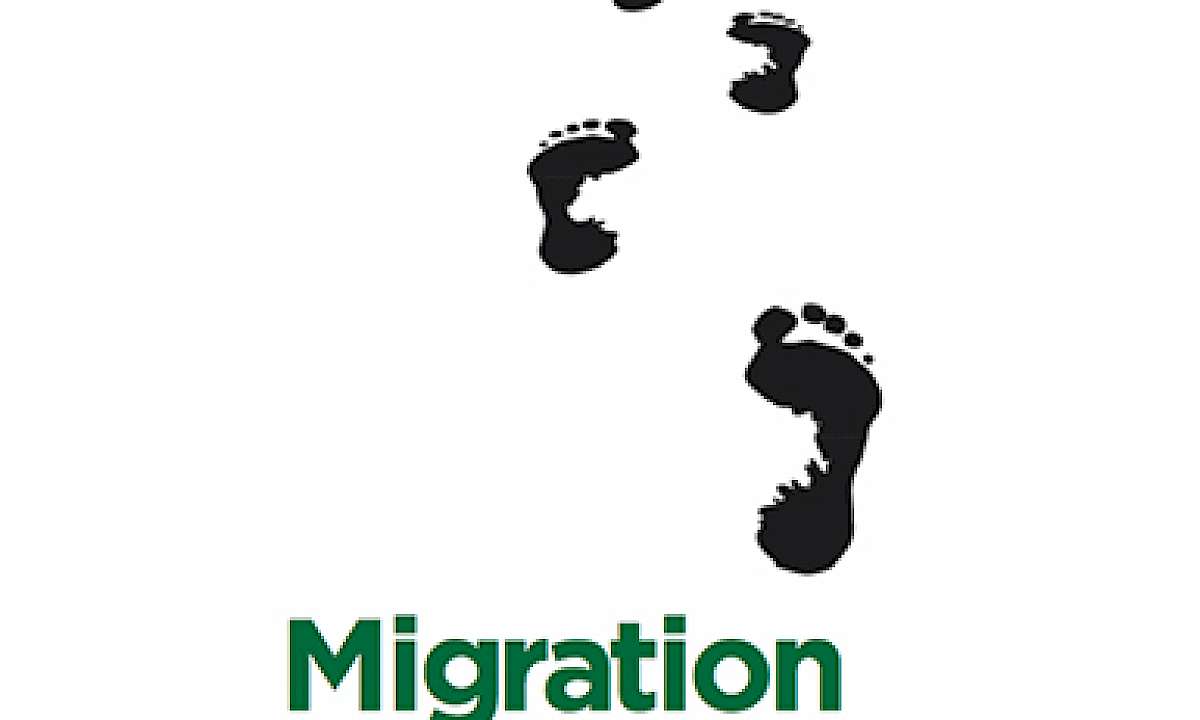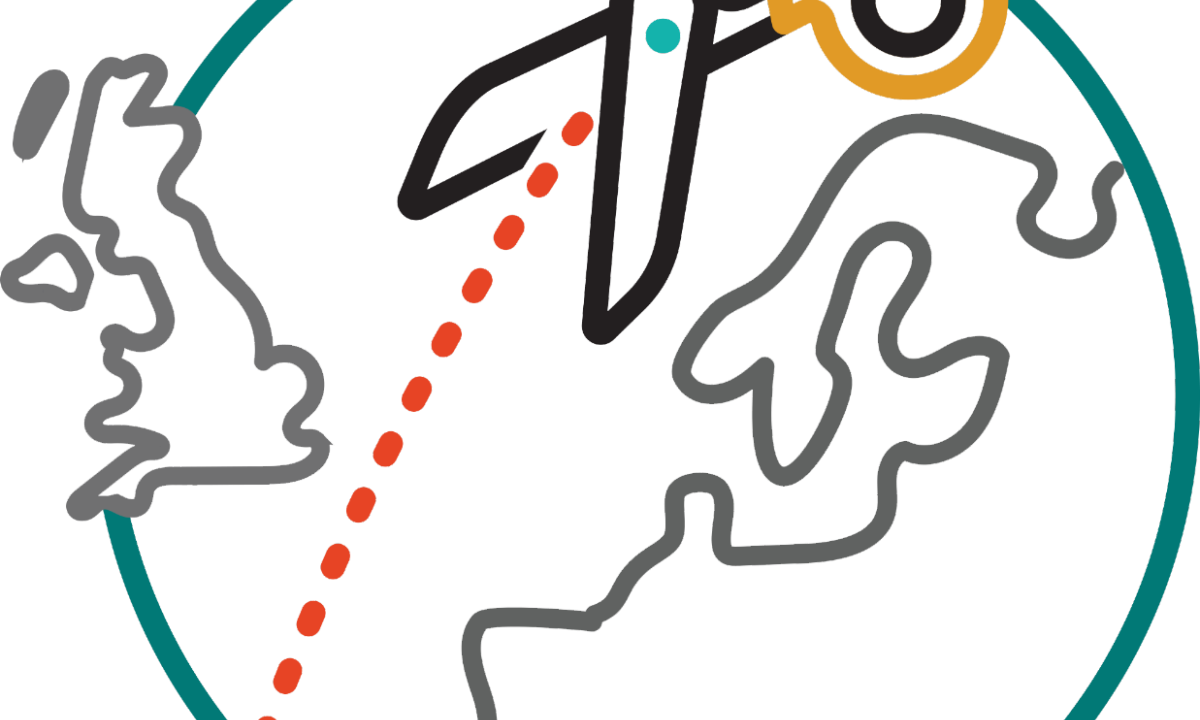
I think that at times, we can be guilty of reducing anti-immigration politics or, indeed, anti-immigration policies that are deadly as being some sort of isolated form of discrimination or kind of irrational forms of xenophobia, the antidote to which is usually a banal set of moral politics that we need to be nice to each other. But this type of analysis really ignores the way in which race and so too material politics actually operate as rationale for the violence and death that's meted out by EU nations through its border policies, which target racialized migrants from the Global South with forms of death that simply wouldn't be delivered to European migrants.
— Arshad Isakjee
In the latest episode of our podcast collaboration with Who do we think we are? we’re talking Fortress Britain. We consider Brexit as rebordering, from border violence in the Channel to the UK’s post Brexit approach to humanitarian protections.
Listen to the episode here.
Hear from MIGZEN researcher Elena Zambelli as she explains what we mean when we talk about migrants’ irregularisation. Arshad Isakjee, Senior Lecturer in Human Geography and Planning at the University of Liverpool and Thom Davies, Associate Professor at the School of Geography of the University of Nottingham talk about their research on borders, race and migration in Fortress Europe. Nando Sigona and Michaela Benson turn the lens back onto UK and its post-Brexit borders as they discuss the new suite of ‘safe and legal (humanitarian) routes’, and what these signal about the future of asylum within and beyond the UK.
Over the past few years, the UK’s Conservative administration has positioned itself increasingly as the guardian of the country’s borders. Their self-proclaimed mission: to protect resources and national identity in the face of the ‘threats’ posed by irregular migration.
This position is most starkly visible in tin their obsession with the ‘small boats crisis’ and their efforts to prevent potential asylum seekers from crossing the Channel in small boats through reform of their obligations to offer asylum. Yet, as Thom reminds us, the relatively higher numbers of people attempting to reach the UK via sea recorded over the past few years is an effect of the hardening of the UK-France border in the broader context of shrinking opportunities for legal migration towards Europe:
Whereas years ago, not that many years ago, it was possible (though, always very dangerous and always very deadly) to travel in the back of a lorry, or perhaps get onto a train and go to Dover or Folkestone, today, it's simply much harder. There are security measures and body scanners at ports, and a whole infrastructure of border enforcement in northern France that simply wasn't there a few years ago. And like every border in history, if you closed down one route, then another often more deadly route emerges. And in the English Channel, this has meant crossing using small boats. The small boat phenomenon more than anything, then is a product of harsh border enforcement. But the whole thing we must remember, is underpinned by a lack of alternative safe legal routes to reach the UK.
As Nando explains, Brexit has played a key role in such transformation of the UK-France border, and in the increase in the number of people attempting to cross the 30-mile stretch separating the UK from mainland Europe:
I think that what we have seen with Brexit is a more significant structural change that has given new meaning to this border. So with Brexit, in many ways, the UK has moved out of the burden sharing mechanism of the European Union, the border has sort of become more significant, but it also has become more vulnerable in many ways, because for example, people who attempt the crossing or facilitate the crossing are well aware that there are new difficulties from the point of view of the British government in removing people that successfully manage the crossings.
The proposed reforms of the UK’s asylum obligations alleged to ‘stop the boats’ such as the Rwanda Plan have attracted significant attention. Less considered is how these relate to the new suite of ad hoc ‘safe and legal (humanitarian) routes’ opened for Hong Kongers and Ukrainians. Such measures reflect the UK government’s aspirational reorganization of the asylum system in a way that it would allow it to pick and choose whom to protect, how and where through, as Michaela explains,
the production of people who are relatively docile, because of the terms on which they were able to come to the UK. And the contrast, of course, there is to the people who don't make it or to the people who they want to be able to deport to Rwanda, who they present as kind of unsolicited entrance, and uninvited, and at the moment, they present them as being out of control, beyond their control. But this is evidence of quite a significant shift, I think, in terms of who controls the conversation about who is eligible for humanitarian protection.
Tune in to the remainder of the season, to find out how the redrawing of boundaries around both the British and EU imagined communities is entangled with a changing migration-citizenship regime, which continues to shape the lives of migrants and rewrites Britain’s migration story after Brexit.
You can listen to the podcast and the back catalogue, access our shownotes, active listening questions and transcripts on our podcasts page.
And you can follow the podcast on all major podcasting platforms or through our RSS Feed
How to cite this episode:
Benson, M., Sigona, N., Arshad, I., Davies, T. and Zambelli, E. (2023) Who do we think we are? Presents ‘Global Britain’. S3 E8 Fortress Britain? [Podcast] 18 January 2024. Available at: https://sites.libsyn.com/365921/s3-e8-fortress-britain (Accessed: add date here)






